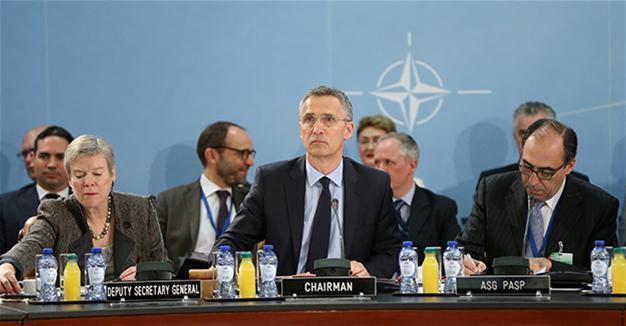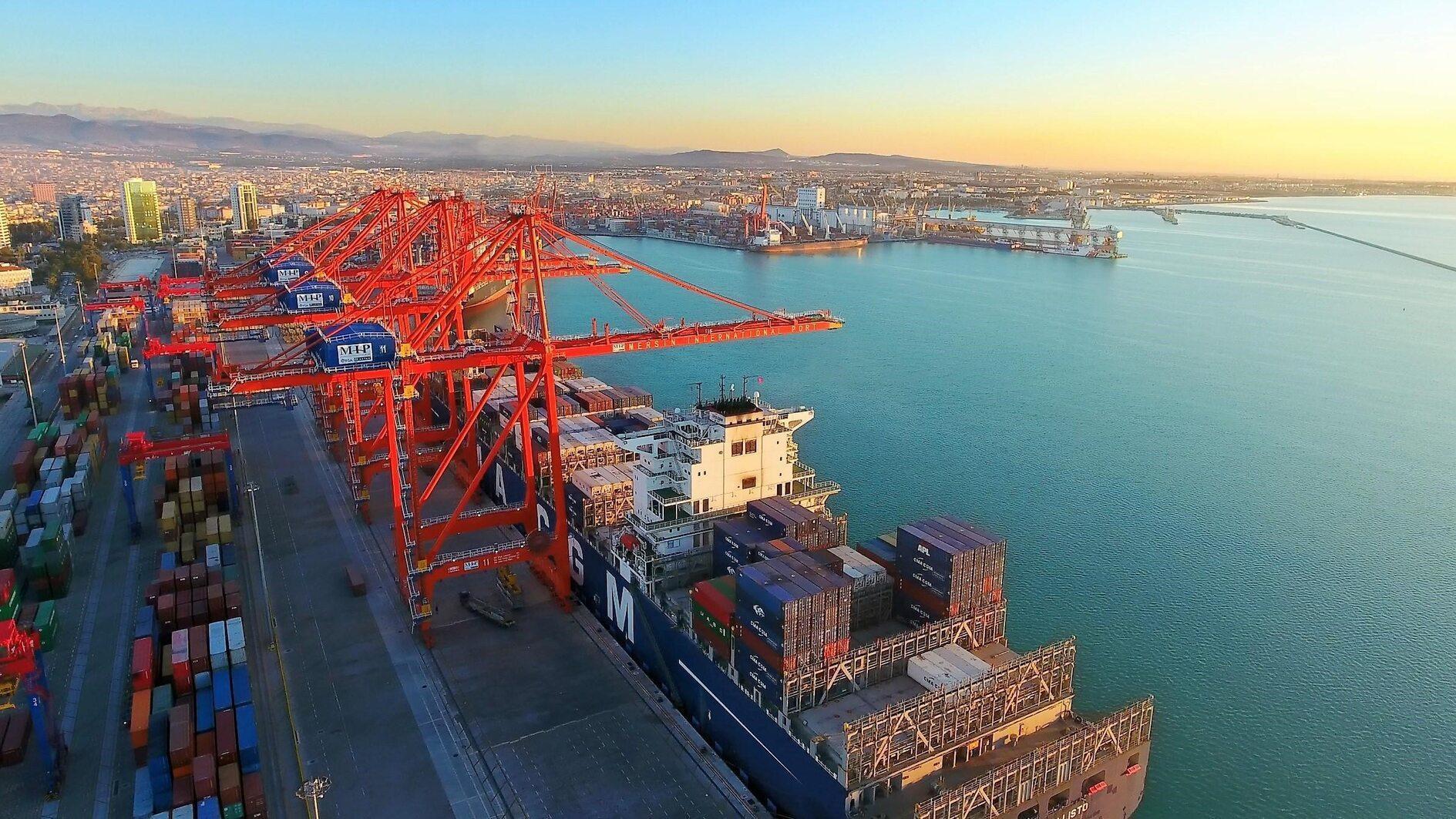Tillerson gives NATO allies two months for defense spending plans
Sevil Erkuş - BRUSSELS

AA photo
U.S. Secretary of State Rex Tillerson urged NATO allies to increase defense spending to 2 percent of gross domestic product, and asked each country to have a plan in place to fulfill funding commitments by the May 25 NATO leaders summit.“Our goal should be to agree at the May leaders meeting that by the end of the year all allies will have either met the pledge guidelines or will have developed plans that clearly articulate how, with annual milestone progress commitments, the pledge will be fulfilled,” Tillerson told the foreign ministers of the alliance in his first NATO meeting in Brussels on March 31.
“Allies that do not have a concrete plan to spend 2 percent of GDP on defense by 2024 need to establish one now. Allies that have a plan to reach the 2 percent guideline need to accelerate efforts and show results,” he added.
Tillerson vowed that the U.S. will continue to uphold previous agreements and ensure the alliance has the capability to defend itself, including from Russian aggression.
“We understand that a threat against one of us is a threat against all of us, and we will respond accordingly. We will uphold the agreements we have made to defend our allies,” he said, trying to ease concerns among allies that the Trump administration will improve relations with Russia at the expense of support for the pro-Western government in Ukraine or NATO allies in former Soviet parts of Eastern Europe.
Trump, in his election campaign, suggested that he might not come to the defense of those allies who do not do their fair share in NATO.
The NATO 2016 annual report said only five countries met the 2 percent target – the United States, Britain, Greece, Poland and Estonia – while Washington still accounted for nearly 70 percent of combined alliance defense spending.
The foreign ministers of NATO are meeting in Brussels on March 31 to discuss the organization’s possible further contributions to the fight against the Islamic State of Iraq and the Levant (ISIL), relations with Russia and defense spending amid allegations from Washington that others are devoting enough resources to their militaries.
The meeting is a preparation for a May 25 NATO summit in the Belgian capital, which U.S. President Donald Trump will attend.
“Fair burden-sharing” to keep the transatlantic bond strong and stepping up NATO’s efforts to project stability and fight terrorism will be the key issues for the alliance in the meetings, Secretary-General Jens Stoltenberg told reporters ahead of the gathering on March 31.
NATO has proposed some plans to member states regarding the alliance’s further contribution to counterterrorism efforts, which will be discussed by foreign ministers, a senior NATO official told the Hürriyet Daily News. The alliance, however, is not said to be keen on deploying troops in counter-terrorism operations but will instead focus on providing security infrastructure.
“In the long run, it is much better to fight terrorism and project stability by training local forces and building local security institutions, instead of NATO deploying a large number of combat troops,” Stoltenberg stated.
“In Iraq, we are already building the capacity of local forces, including life-saving training to counter improvised explosive devices, and I hope we will be able to expand our support to new areas. As part of our broad international effort, NATO can and must make a real difference,” he added.
French Foreign Minister Jean-Marc Ayrault said “only a political solution” can bring peace to Syria and cut extremism off at its roots.
“If we want to defeat terrorism in Syria we don’t just need to defeat Daesh, we also must fight its causes,” Ayrault told reporters, using an Arabic acronym for the ISIL group.
He said the international community must focus on “national rebuilding, the reconciliation of the country, the return of refugees, and it goes through this political process as planned in the U.N. resolution negotiation framework. On this I’m also expecting clarification from the U.S.”
The ministers of the member states, along with the European Union and non-members Finland and Sweden, also discusses NATO’s relations with Russia and hold a meeting of the NATO-Ukraine Commission.
“We have a united position on Russia: strong defence and deterrence combined with dialogue and we are delivering on both,” Stoltenberg said.
















